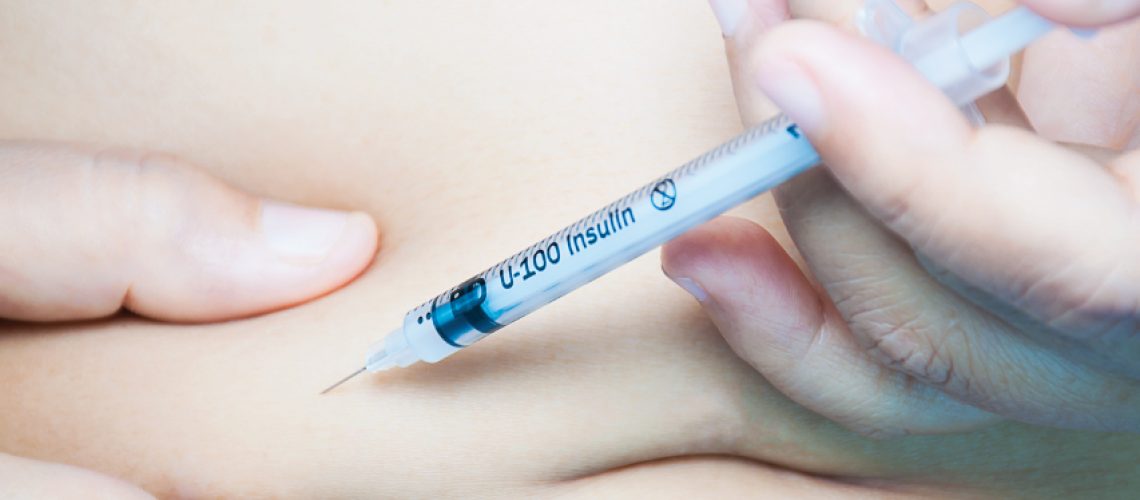Insulin resistance is a condition that affects how your body uses insulin. Under the best circumstances, blood sugar (glucose) easily moves into cells with the help of insulin. When you eat, glucose (blood sugar) rises quickly. This will signal insulin to be released by the pancreas. Insulin acts like the key that will open the door to cells and allow glucose to enter so it can be utilized to make energy. When someone is insulin resistant, cells do not open the door freely when insulin is knocking. In turn, your pancreas will send out extra insulin to normalize blood sugar. This works for a short time until your body can no longer keep up. At some point, no matter how much extra insulin the pancreas sends out, your blood sugar is still too high. Elevated blood sugar will eventually lead to prediabetes, type II diabetes and heart disease.
You are at increased risk for insulin resistance if you are overweight or physically inactive. Some health conditions put you at greater risk. Having high blood pressure, high cholesterol, heart disease, polycystic ovarian syndrome, or if you’ve had gestational diabetes all increase your risk of developing insulin resistance. Some risk factors are uncontrollable, like family history of diabetes, age and ethnicity.
There are some things you can do to prevent or even reverse insulin resistance.
Follow a healthy diet by trying the Plate Method recommended by the American Diabetes Association:
- Use an 8- or 9-inch dinner plate
- Half the plate should be colorful, lower carbohydrate veggies (broccoli, salad greens, radishes, asparagus, brussels sprouts, peppers)
- ¼ of your plate should be lean protein (salmon, lean beef, chicken, eggs, cheese)
- ¼ of your plate should be complex carbohydrates (whole grain pasta, fruit, whole grain bread, beans, brown rice, potatoes, dairy)
- Avoid sugary drinks and concentrated sweets (candy, cake, cookies)
Exercise more:
- Use a pedometer and get a minimum of 10k steps per day
- Aim for 30 minutes of brisk walking everyday
- Never sit longer than 90 minutes at a time
- Try adding strength training a few times per week
Work with your Roseman Medical Group health care provider to get your other health issues under control:
- Keep your follow up appointments with your primary provider
- Take your medications on time
- Complete yearly lab work
Insulin resistance is preventable and even reversable. Type II diabetes is a progressive disease that worsens over time. Preventing insulin resistance from progressing to Type II diabetes is key. The providers at Roseman Medical Group are here to help you navigate through your healthcare journey. Talk to your provider about any concerns you have.
Article by Shawnna Short, Roseman Medical Group Family Nurse Practitioner
Roseman Medical Group provides quality, empathic, patient-centered care. Our primary care providers are dedicated to your health and well-being. Contact us at 702-463-4040 to schedule an appointment.


